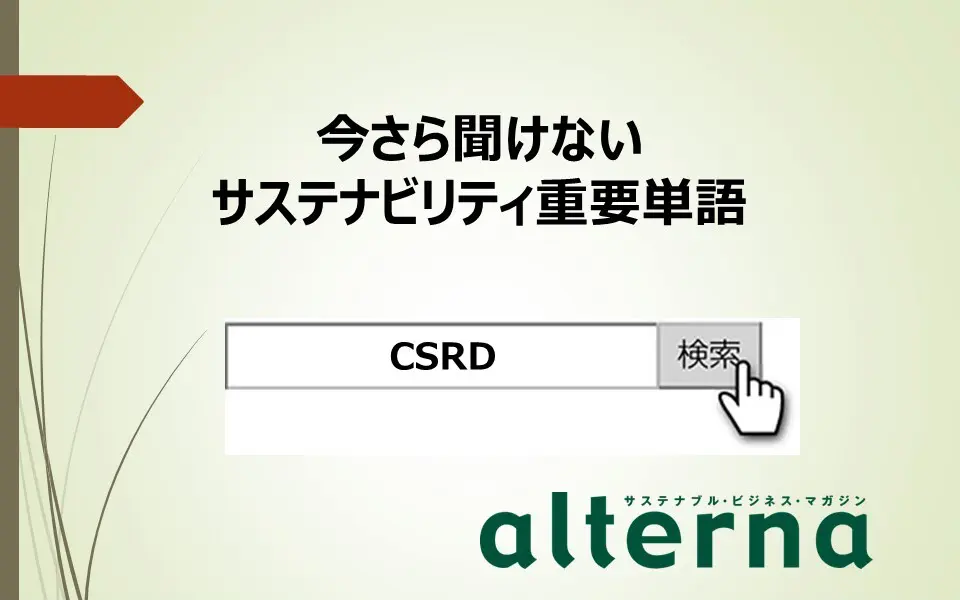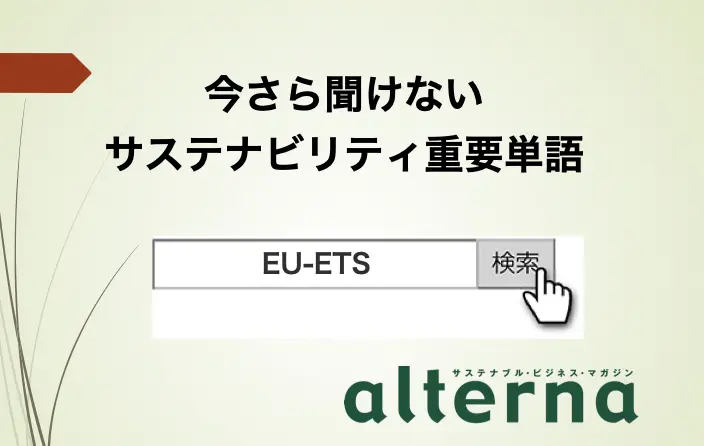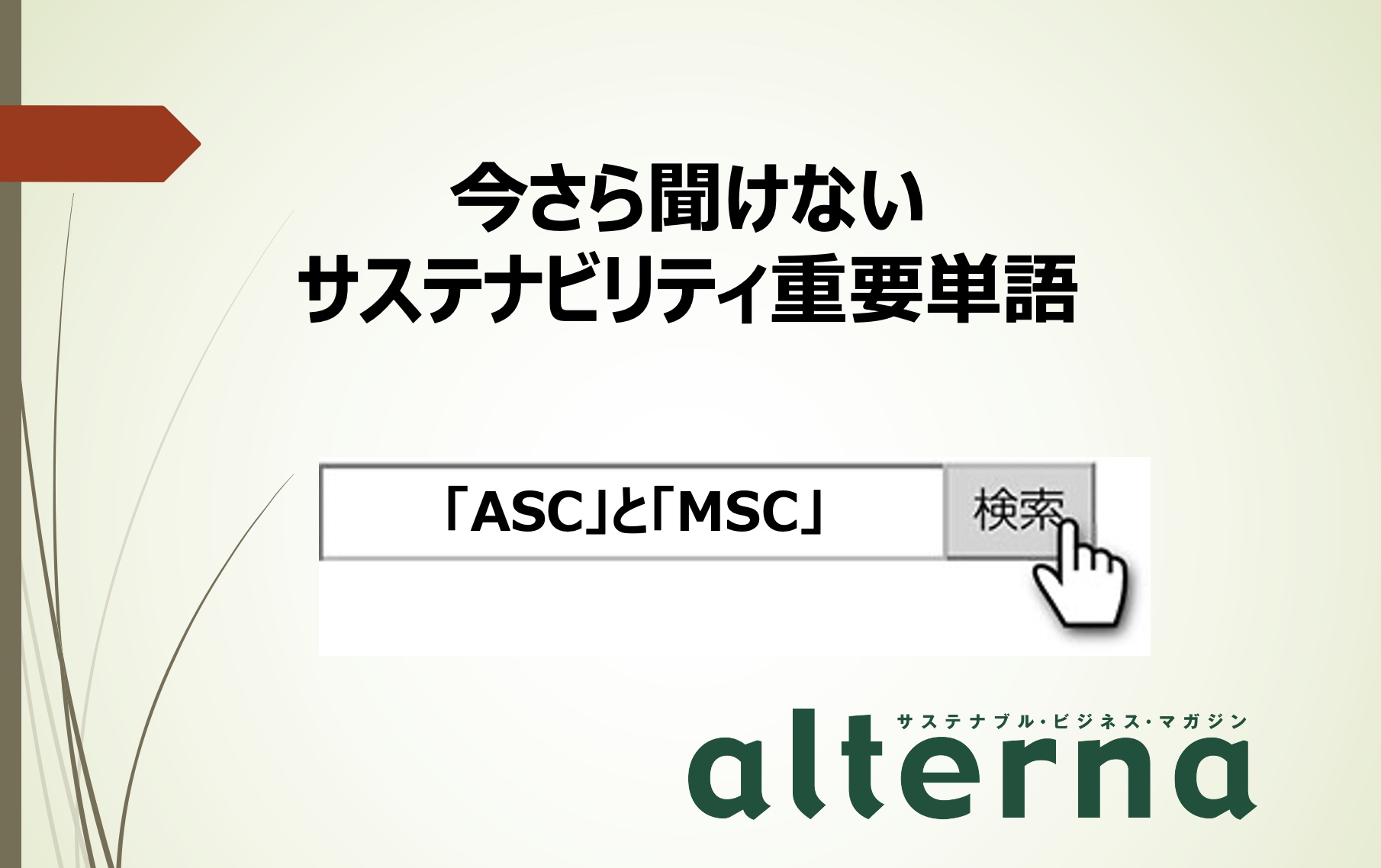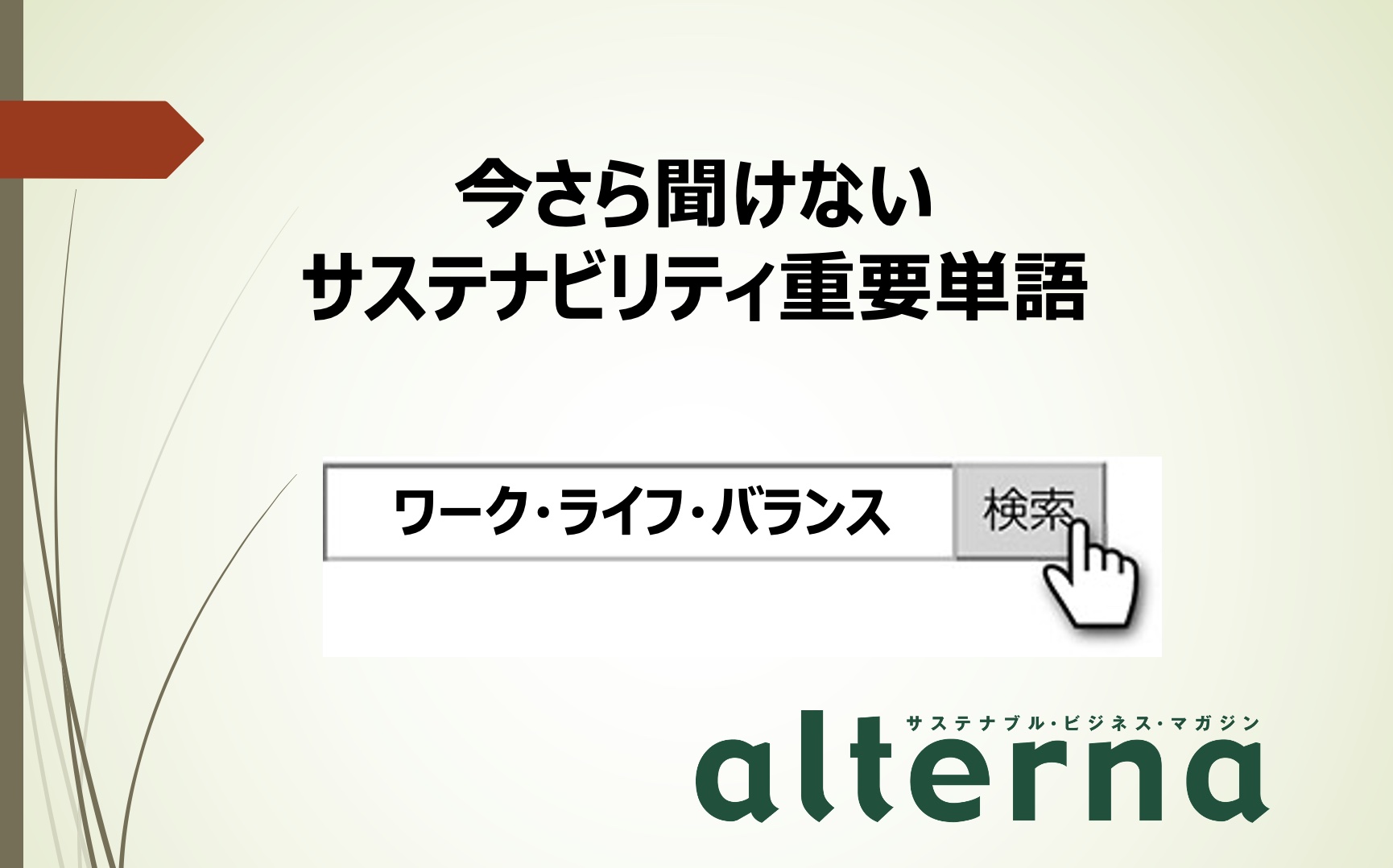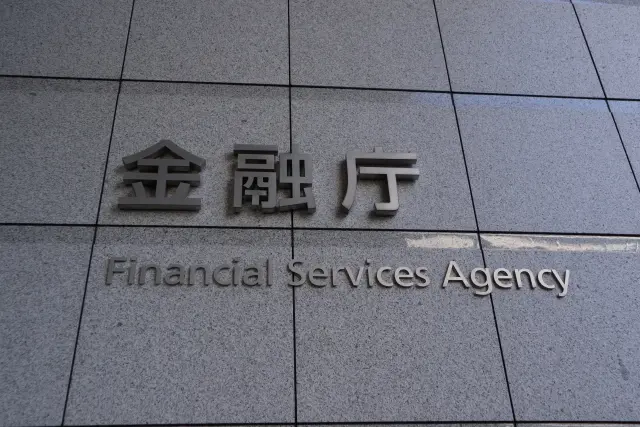■オルタナ式英単語:What is a stakeholder for a company? ■
世の中がどうあれ、季節はめぐってもう師走。皆さんいかがお過ごしでしょうか。
今月はLesson 3 “What is a stakeholder for a company?”「企業にとってステークホルダーとは何か」を取り上げます。
「ステークホルダー」の概念は近年大きく進化しています。さらには役割を超えた「アクター」という概念が登場し、より複雑でダイナミックな「エコシステム」として捉える見方が浸透しはじめました。「自分の会社」でなく、社会のひとつの役割をになう存在として、他の企業、組織、人々と連携していくことが現実に求められているのです。
【語注】
specifically 特に、具体的に、具体的に言うと
administrative agency 行政機関
creditor 債権者
shareholder dividend 株主配当金
continuous 継続的な
proxy 代理の
advocate 主張する、擁護する
mutual 相互の
means 手段
consultative 相談の、協議の
passively 受け身で
indispensable 不可欠の
The term “stakeholder” is one of the most important key words in the context of corporate social responsibility. The international standard for organizational social responsibility, ISO 26000, defines a stakeholder as “any person or group of persons who have an interest in any decision or activity of the organization.” In other words, a stakeholder is someone who “influences” or is “affected” by a company, specifically shareholders, customers, consumers, employees, business partners, government and administrative agencies, creditors, competitors, local communities, and NGOs/NPOs.
【訳】
企業の社会的責任について考える際に「ステークホルダー」という言葉はきわめて重要なキーワードのひとつです。組織の社会的責任の国際規格ISO26000では、ステークホルダーを「組織の何らかの決定または活動に利害関係をもつ個人またはグループ」と定義しています。いいかえれば、ステークホルダーは、企業に対して「影響を与える」または「影響を受ける」存在です。具体的にいえば、株主、顧客、消費者、従業員、取引先、政府・行政機関、債権者、競合企業、地域社会、NGO/NPOなどを指します。
Contextは文字通りには「文脈」ですが、前後関係や状況という意味合いで使われることが多いです。マーケティングでは「コンテクスト」とよくカタカナのまま用いられます。
ステークホルダーの声を聴く
From the perspective of corporate social responsibility, companies should incorporate environmental and social considerations into their business activities, not just economic ones and listen to all of their stakeholders. This is because companies depend on the natural environment and society, while at the same time impacting them. Therefore, companies are required to minimize their negative impact on the environment and society and maximize their positive impact (creation of environmental and social value), in addition to improving corporate performance and increasing shareholder dividends (creation of economic value).
【訳】
企業の社会的責任の観点に立てば、企業は経済について考慮するだけだけでなく環境や社会への配慮を事業活動のなかに組み込み、ステークホルダー全員の声に耳を傾けることが必要です。企業は自然環境や社会に依存すると同時に、それらにインパクトを与えているからです。したがって、企業業績を伸ばし株主配当を増やす(経済価値創造)だけでなく、環境や社会に対するネガティブ・インパクトを最小化し、ポジティブ・インパクトを最大化する(環境的価値や社会的価値の創造)よう求められているのです。
from the perspective of は「~という観点から」。
impactは「影響」ですが、読者の皆さんにはソーシャルな文脈で(「ソーシャル・インパクト」)お馴染みかもしれませんね。
対話を通じた双方向のコミュニケーションを
In order to actually understand the expectations of stakeholders and make use of them in management, it is important to have two-way communication with them, such as by providing opportunities for continuous exchange of views and dialogue. In this process, it is important to consider that stakeholders include “voiceless stakeholders,” such as future generations and the natural environment. In this case, there is the concept of “proxy stakeholders” who speak for the voiceless, such as NGOs and NPOs that advocate for environmental protection for future generations.
【訳】
実際にステークホルダーの期待を把握し、経営に生かしていくためには、継続的な意見交換や対話の場を設けるなど、ステークホルダーとの双方向のコミュニケーションが重要です。そのプロセスで、ステークホルダーのなかには将来世代や自然環境など、「声なきステークホルダー」も含まれることを考えなければなりません。その場合、声なき声を代弁する「代理のステークホルダー」という概念があります。「代理のステークホルダー」とは、たとえば将来世代のために環境保護を主張するNGO/NPOなどです。
make use of は「~を利用する、活用する」。
dialogue「対話」は、「会話」や「雑談」とは異なり、話し手と聞き手とが共感を深め新たな理解を生むような双方向的のコミュニケーションを指します。
advocateは「何かの思想、やり方を公けに支持する、提示する」ことです。辞書では「主張する」が第一の意味として記されているケースもありますが、「支持する」意味あいがベースにあるので注意してください。
ステークホルダー・エンゲージメント
Strengthening mutual engagement with stakeholders is called “stakeholder engagement,” and it is an important concept for deepening CSR initiatives. In the “Guide to Implementing the Charter of Corporate Behaviour” (7th edition) by the Nippon Keidanren (Japan Business Federation), “stakeholder engagement” is defined as “the process of actively engaging with stakeholders through dialogue and other means to achieve mutually acceptable results in the process of fulfilling a company’s social responsibility.” It states that engagement is “an effective consultative process for companies to exchange views with stakeholders, clarify expectations, address differences, identify points of agreement, create solutions and build trust.”
【訳】
このようにステークホルダーとの相互の関わりあいを強めることは「ステークホルダー・エンゲージメント」と呼ばれ、CSRへの取り組みを深めていくうえで重要な概念とされています。経団連による「企業行動憲章 実行の手引き(第7版)」においては、「ステークホルダー・エンゲージメント」は「企業が社会的責任を果たしていく過程において、相互に受け入れ可能な成果を達成するために、対話などを通じてステークホルダーと積極的にかかわりあうプロセス」と定義されています。そこでは、エンゲージメントは「企業がステークホルダーと見解を交換し、期待を明確化し、相違点に対処し、合意点を特定し、解決策を創造し、信頼を構築するため有効な協議プロセス」としています。ステークホルダー・エンゲージメントにかぎらず、エンゲージメントという概念はビジネスにおいて非常に重要視されるようになってきました。たとえば従業員エンゲージメント、顧客エンゲージメントなどですが、ポジティブで長期的な関係性、信頼に基づく関係といった意味をもちます。マーケティングでも「関係性」が重視されるということから、ビジネスのありかたの変容をうかがい知ることができます。
The type of engagement that companies should aim for is one that brings about a two-way interaction, not one that only comes from one side or the other, so companies must not only listen passively to their stakeholders’ voices, but also actively reach out to them when necessary. As mentioned above, stakeholders are indispensable for companies to fulfil their social responsibility, and the kind of communication and engagement they engage with their stakeholders and for what purpose is an essential element in the strategic promotion of CSR.
【訳】
めざすべきエンゲージメントの姿とは、どちらか一方からの働きかけだけでなく、双方向で相互作用をもたらすものですから、企業はステークホルダーの声を受け身で聴くだけでなく、必要に応じて積極的にステークホルダーに働きかけることも必要です。以上のように、ステークホルダーは企業が社会的責任を果たしていくうえで不可欠であり、どのような目的でどのステークホルダーとどのようなコミュニケーションやエンゲージメントを行うかはCSRの戦略的推進に不可欠な要素であるといえます。
As mentioned above, は「前述のように」。
今回は「エンゲージメント」という概念が出てきましたが、エンゲージメントは戦略やツールではありません。エンゲージメントの確立には、企業側が自分の都合で一方的に要求するのでなく、当該の相手が自ら積極的に深い関係を取り結びたい、と思う必要があります。企業のパーパス、ありかたがあらためて問われているといえるでしょう。
今月はここまでです。次回は2022年ですね。早いですが、よいお年を!



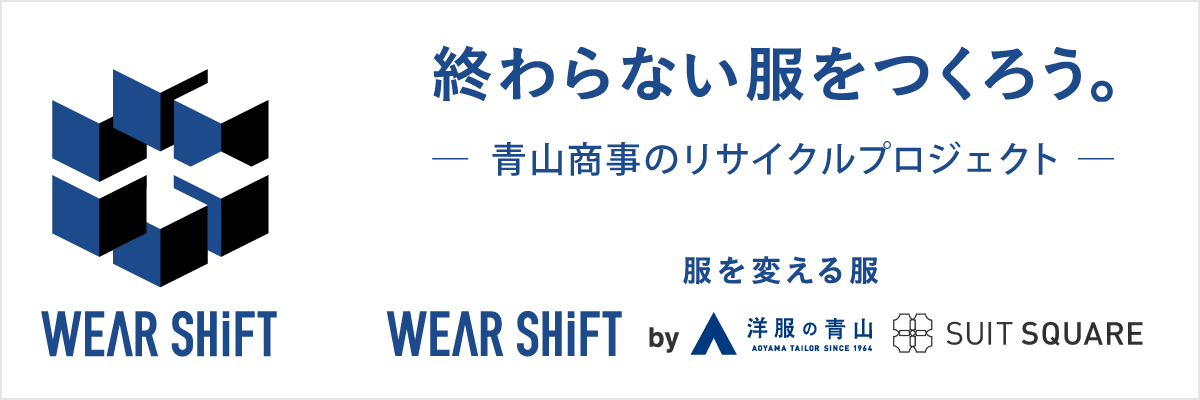
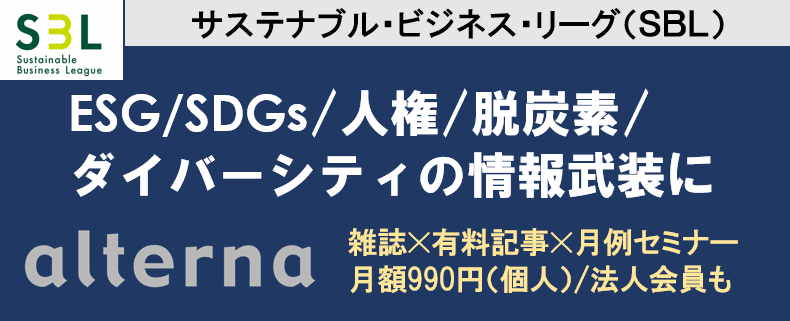




-1-scaled.jpg)

-scaled.jpg)







